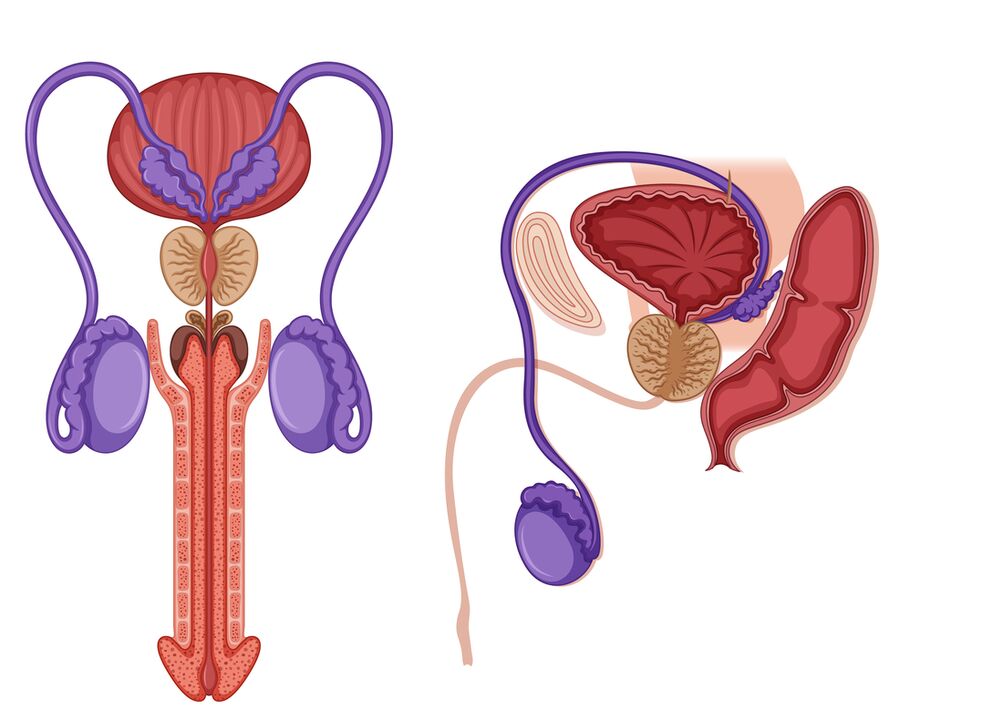
causes of inflammation
- Hypothermia, one-time or related to the nature of outdoor work.
- A sedentary lifestyle can lead to digestive system disorders.
- Chronic physical diseases (diabetes, hypertension).
- Lesion and peri-lesion infection (rhinitis, tonsillitis, stomatitis, gastritis).
- Persistent UGI (chlamydia, trichomoniasis, herpes viruses).
- Stress, insomnia, chronic fatigue syndrome.
- Decreased immunity due to illness, surgery, emotional stress.
- Bad habits that lead to poisoning: alcohol, smoking, strong coffee.
- Occupational injuries to the perineum of car drivers, athletes, and workers in hazardous industries.
- Disturbed sexual intercourse, interruption of intercourse, lack of intercourse, incomplete ejaculation, chronic lack of intimacy (low demand for sperm leading to glandular stagnation).
- STDs.
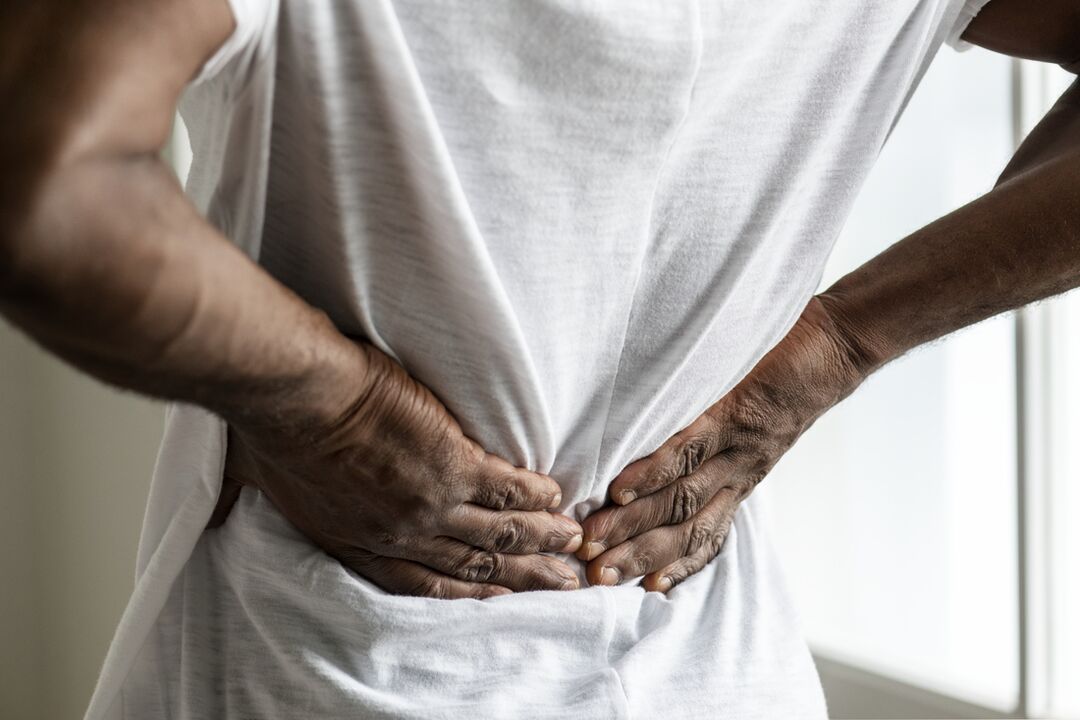
Classification
- Acute prostatitis. It affects more than 50% of people aged 30 to 35 years and younger.
- Chronic choice. It is considered a non-age category. It does not manifest itself over a long period of time; the impetus for its development is a cold or infection.
- Bacterial inflammation of the prostate occurs mainly in men under 40 years of age, occurs on the background of ultrasonography, and does not extend beyond the borders of the organ.
- Non-bacterial pathological changes of the glands are mainly chronic.
- Viral inflammation of the prostate is characterized by an acute course affecting the entire genital region.
- Fibrous prostatitis is characterized by rapid and irreversible growth of the gland and requires radical intervention. Clinically resembles prostate adenoma.
- Prostatolithic inflammation occurs due to the formation of stones within the prostate. Considered a precursor to cancer.
- Congestive prostatitis is a result of a sedentary lifestyle and one in every two patients is diagnosed with it.

signs of disease
- Urination disorder, characterized by an intermittent, weak, and abnormally short flow of urine that causes splashing, difficulty, and pain before urinating. Frequent urges to empty the bladder occur mostly at night.
- The pain is concentrated in the lower abdomen and radiates to the scrotum, perineum, and rectum.
- Sexual dysfunction.
- Ejaculation problems, sperm changes (consistency, quantity).
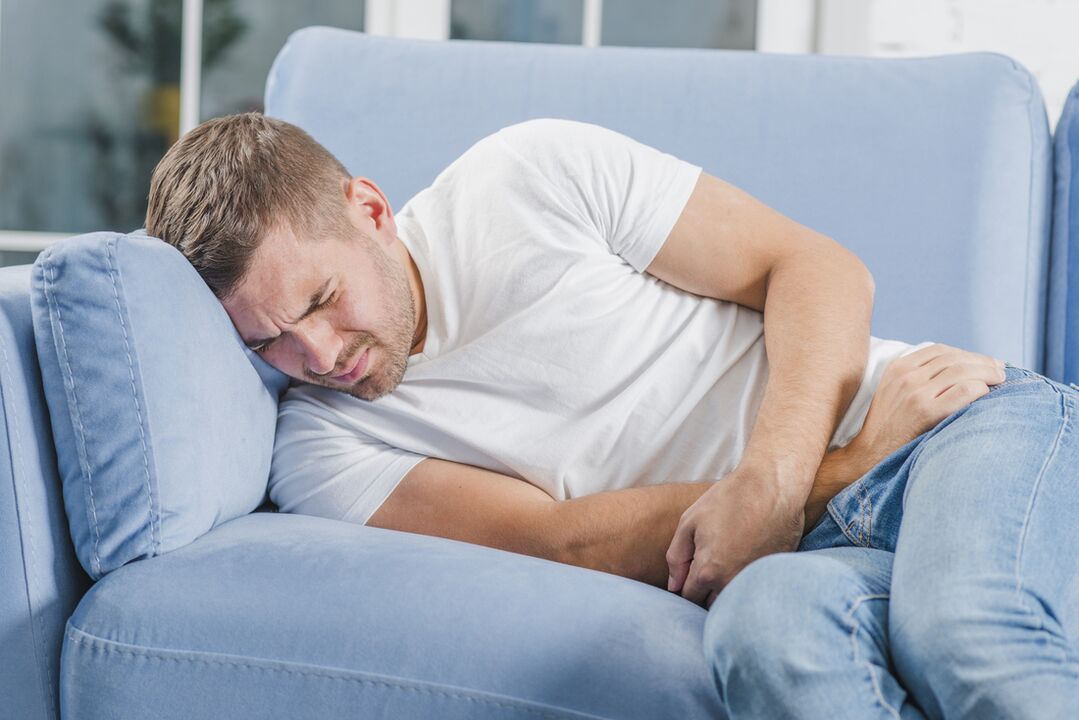
acute prostatitis
- Seminal vesiculitis is an inflammation of the seminal vesicles, causing pus to appear in semen, which not only reduces the quality of ejaculation, but also leads to loss of reproductive function.
- Colonitis - inflammatory changes in the spermatozoa become the cause of severe pain during sexual intercourse, interrupted orgasm and psychogenic impotence.
- The formation and rupture of abscesses in the prostate and purulent lesions of the rectum can lead to worsening of symptoms, severe physical intoxication, and even death.
- Stagnation of prostate tissue causes changes in its structure, disrupting the innervation and blood supply of the gland itself and nearby organs, thereby disrupting its function. Erection is insufficient for adequate sexual intercourse, premature ejaculation and prolonged intercourse without orgasm are observed.
- Scarring changes to the glands and spermatic cord can lead to infertility, decreased sperm quality and sperm motility. Narrowing of the urethra can interfere with the normal urination process; bladder obstruction can cause acute urinary retention and require emergency surgery.
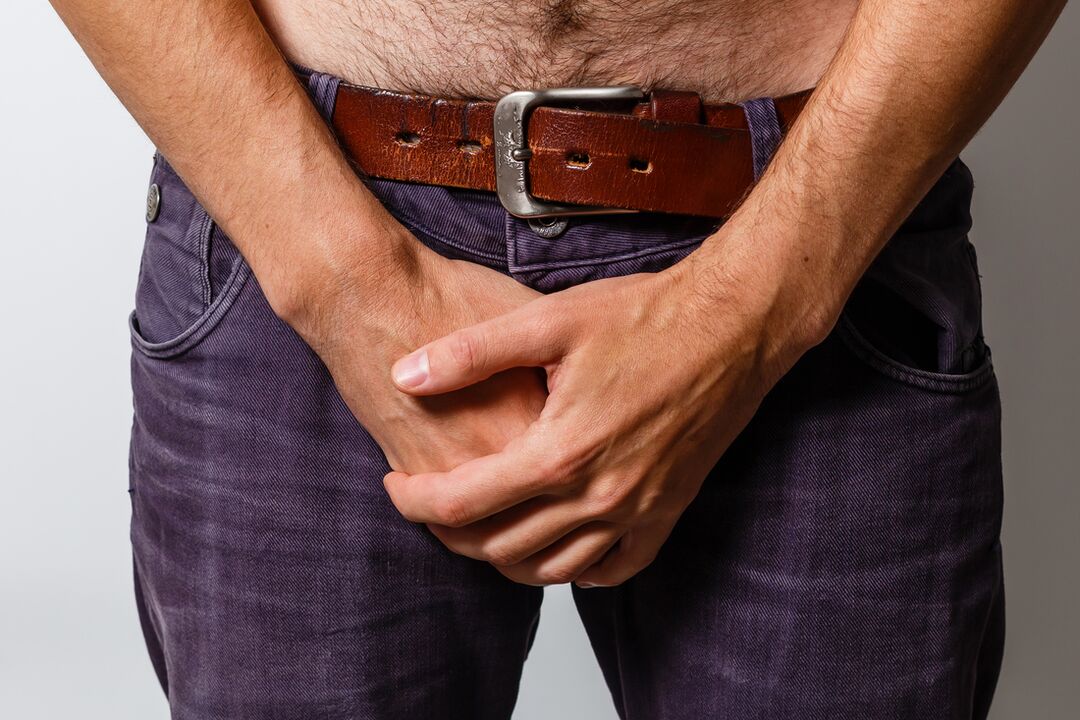
chronic prostatitis
- fever;
- Pain occurs in the scrotum, perineum, anus, and back;
- Urination disorders;
- Mucus or mucopurulent discharge from the rectum and urethra even without urination or defecation;
- Erectile dysfunction, painful ejaculation, interrupted intercourse, prolonged intercourse without satisfaction.
- Infertility is the result of chronic inflammation of the spermatic cord, vesicles, testicles and their appendages.
- Cystitis, pyelonephritis (other diseases of the genitourinary system) are the result of hematogenous and mechanical spread of microorganisms.
- septicemia.
- Immunity continues to decline.
- Untreated prostatitis can lead to cancer in 35-40% of cases.
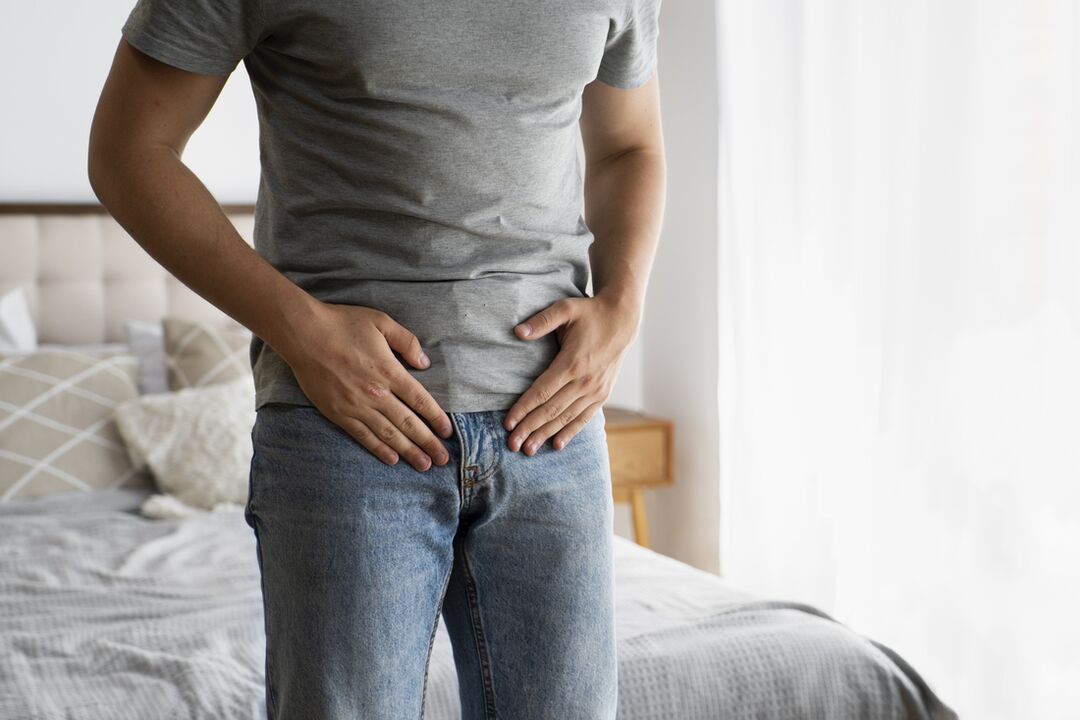
diagnosis
- Glandular rectal examination, aspiration of secretions for examination (culture to determine susceptibility to antibiotics).
- UAC, UAM, urine bacterial culture.
- STD smear test, upper gastrointestinal tract examination.
- Monitor urinary rhythm daily and measure urination rate (uroflowmetry).
- Perform ultrasound or TRUS for differential diagnosis.
- If tumor needs to be ruled out, a biopsy, urogram, and PSA (prostate-specific antigen) determination are performed.
- To diagnose infertility, a sperm test is performed - the analysis of semen to determine a man's fertility.
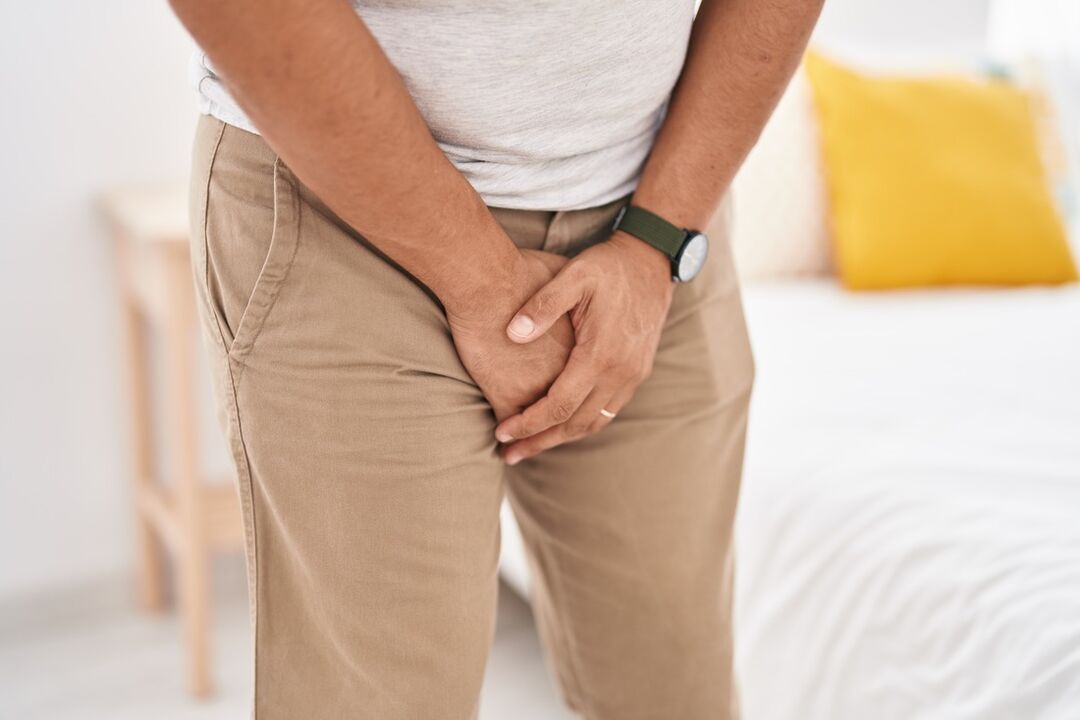
Treatment of acute prostatitis
- The most effective treatment for prostatitis is allotropic therapy. If the basis of prostatitis is infection, a course of antibacterial drugs is preferred to relieve the manifestations of inflammation.
- Pain syndromes can be relieved with analgesics, antispasmodics, rectal suppositories, microenemas containing warm analgesic solutions. Nonsteroidal anti-inflammatory drugs may be used.
- Combinations of immunostimulants, immunomodulators, enzymes, vitamin complexes and trace elements have proven their effectiveness.
- Physiotherapy methods are possible only in the subacute stage of the disease. They improve microcirculation and improve immunity: UHF, microwave, electrophoresis, laser, magnetic therapy.
- Massage is another effective way to affect the prostate. It opens the ducts and normalizes blood circulation in the scrotum and pelvis.
- Acute renal filtrate retention can be corrected with catheterization and trocar cystostomy.
- The purulent process involves surgical intervention.
- Consultation with a psychologist.
Treatment of chronic prostatitis
- Herbal preparations are widely used in urological practice. They are able to accumulate at the sites of the most active pathological processes, protect cells from oxidation, scavenge free radicals and prevent glandular tissue proliferation.
- Antimicrobial treatment is selected individually based on the susceptibility of the microorganism to the drug.
- Immunity-boosting medications not only help deal with prostatitis, they can also correct the negative effects of antibiotics that disrupt immune system function.
- Pain syndrome can be relieved by taking alpha-blockers and muscle relaxants.
- Prostate massage can mechanically remove "excess" secretions from the gland through the urethra, improve circulation, and minimize congestion.
- Physical therapy: laser, magnet, ultrasound, iontophoresis, warm sitz bath or herbal micro-enema.
- In severe cases, intravenous fluids containing diuretics may be needed. This stimulates the production of large amounts of urine, preventing the development of symptoms of intoxication, ascending cystitis, and pyelonephritis.
- For constipation, herbal laxatives can be used.
- Urologists and psychologists work with patients to develop a personal long-term plan that includes daily living, necessary rest, diet, moderate physical activity, and sexual activity.
- If the chronic process is resistant to treatment and the outflow of urine is blocked, surgical intervention is required: removal of all affected tissue (transurethral resection of the prostate) or complete removal of the gland and its surrounding tissue (prostatectomy). Practiced under special circumstances, it can lead to impotence and urinary incontinence. Young people do not undergo surgery because it can lead to infertility.
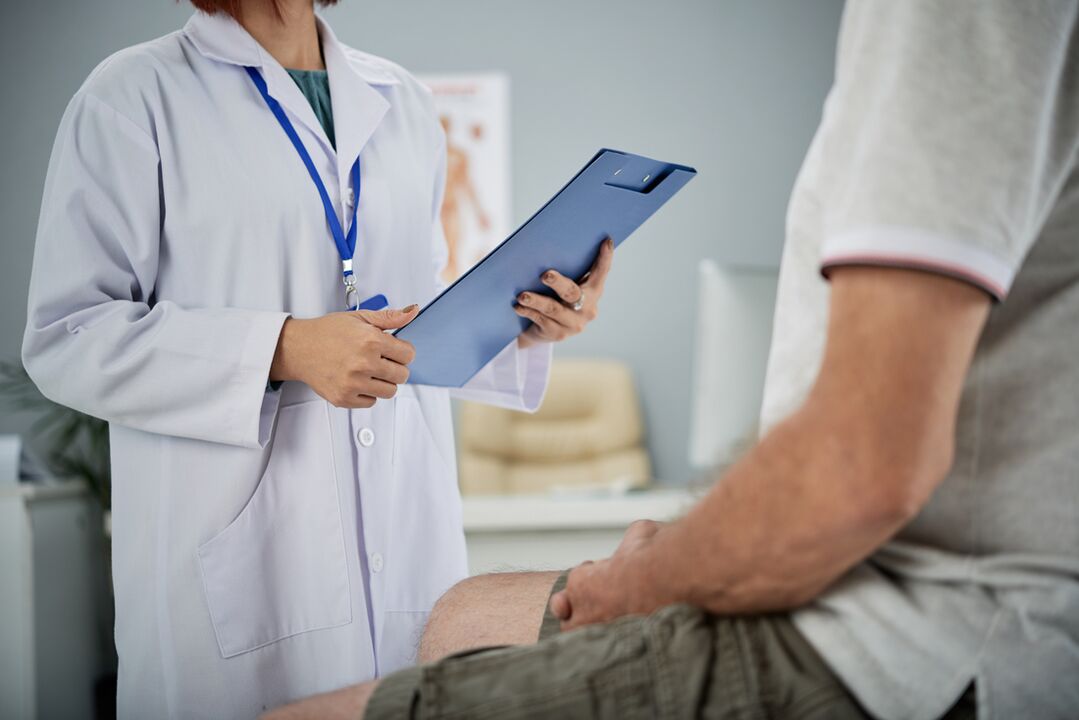
prevention
- Maintain a healthy lifestyle and quit bad habits.
- Don't be too cold.
- Drink at least 1. 5-2 liters of water every day.
- Strengthen your immune system, walk more, and improve your physical fitness.
- Play sports and visit a health club.
- Avoid stressful situations.
- Maintain a regular sex life with a regular partner.
- See your urologist regularly.























